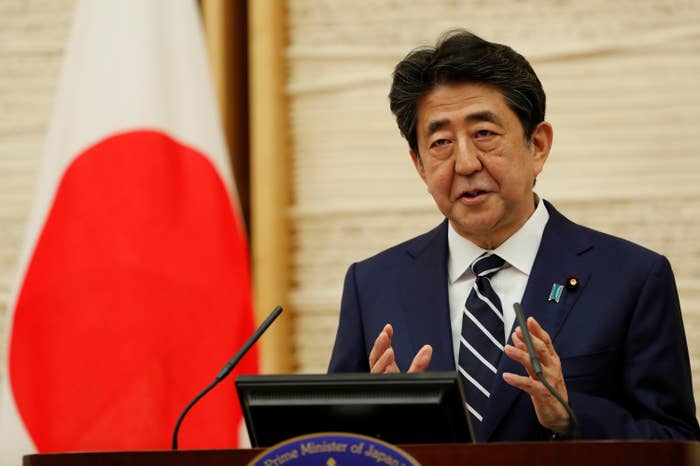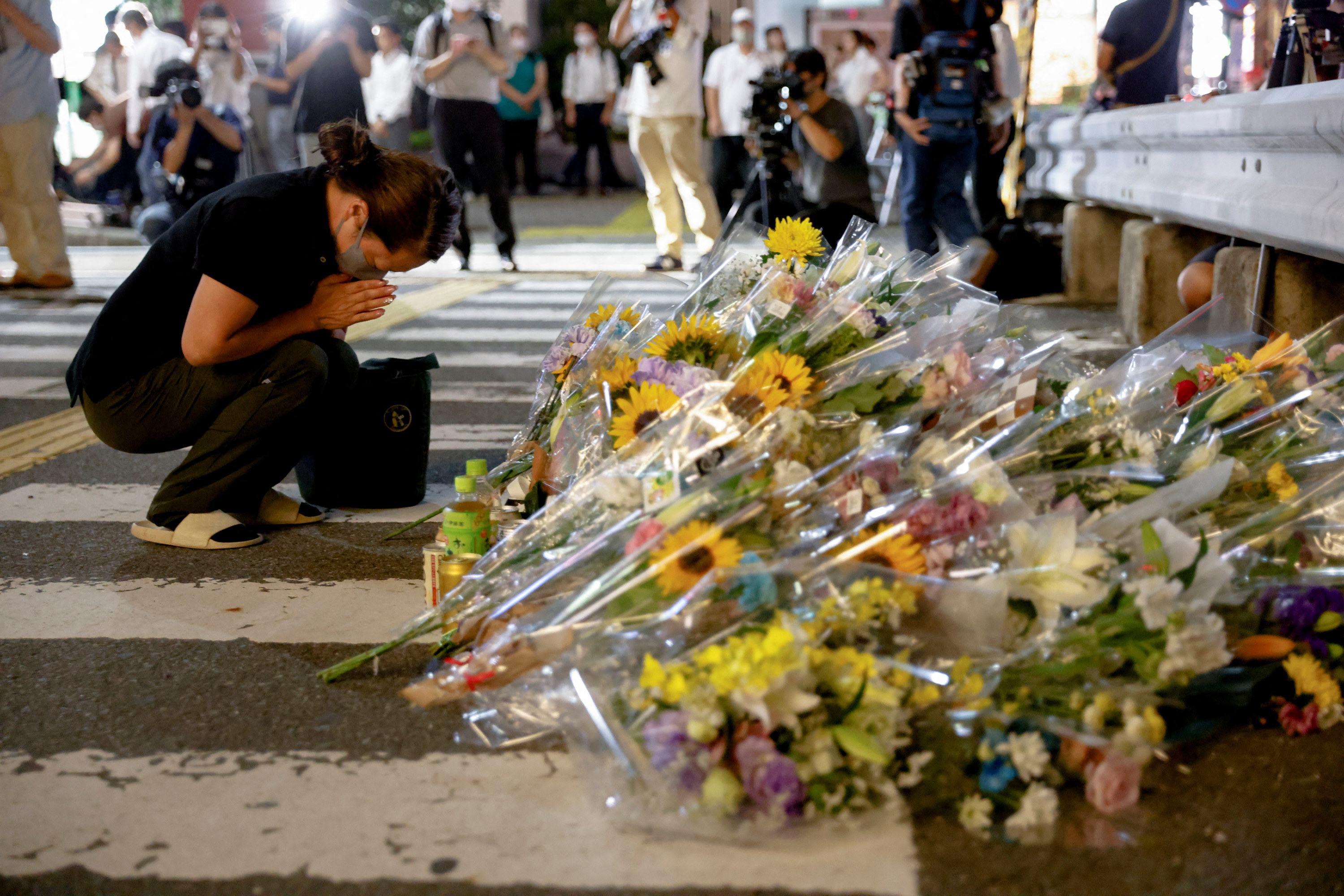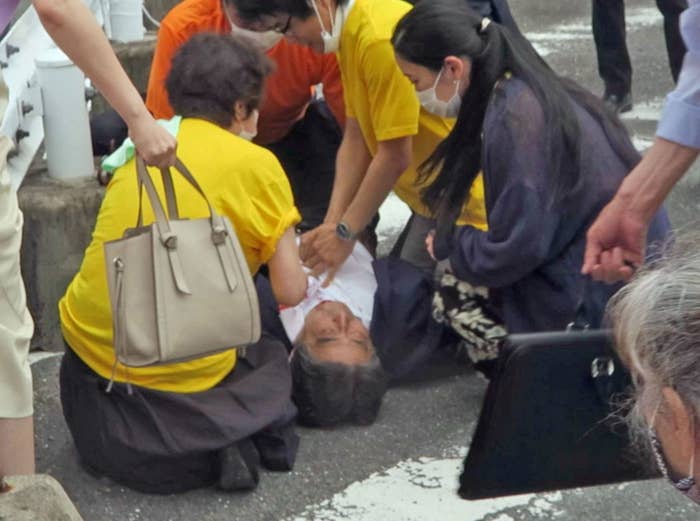
In a shocking major political assassination, Japan’s former prime minister Shinzo Abe has died after a gunman shot him during a political campaign appearance on Friday.
According to local reports, 67-year-old Abe sustained two bullet wounds to his neck and his left collarbone at about 11:30 a.m., and was pronounced dead around 5 p.m. local time.
Abe was campaigning in the southern city of Nara for a parliamentary election when the attack happened, an extremely rare act of violence in a nation where handguns are banned.
Nara police arrested a 41-year-old male suspect at the site of the shooting identified as Tetsuya Yamagami, a resident of the city.
Abe, Japan’s longest-serving former prime minister, was first elected in 2006 and became Japan's youngest postwar prime minister at the age of 52.
He served again from 2012 to 2020 before stepping down due to health reasons.

According to the defense ministry, Yamagami served in the Japanese Maritime Self-Defense Force, Japan's equivalent of a navy, from 2002 to 2005. The exact motives for the shooting are unknown, but explosives were found at the suspect's home.
Japanese Prime Minister Fumio Kishida condemned the attack, saying: "It is barbaric and malicious and it cannot be tolerated."
In a statement of condolence, US President Joe Biden said he was “stunned, outraged, and deeply saddened” at the killing.
“He was a champion of the Alliance between our nations and the friendship between our people,” Biden said.
“Above all, he cared deeply about the Japanese people and dedicated his life to their service. Even at the moment, he was attacked, he was engaged in the work of democracy.”
As prime minister, Abe’s tenure saw him advocate for the revision of Japan’s pacifist postwar constitution and adopt a more aggressive defense and foreign policy.
Economically, his policies became popularly known as Abenomics as he boosted government spending, increased the nation’s money supply, and introduced structural reforms to jolt Japan’s economy with the intention of making the nation more competitive.

